Jeff Bezos Book Recommendations
The founder of Amazon, Jeff Bezos transformed the landscape of e-commerce and cloud computing. Starting with an online bookstore, he built Amazon into a global marketplace and a leader in cloud services (AWS). Known for his customer-centric approach and long-term vision, Bezos has also ventured into space exploration with Blue Origin, demonstrating a relentless pursuit of innovation.
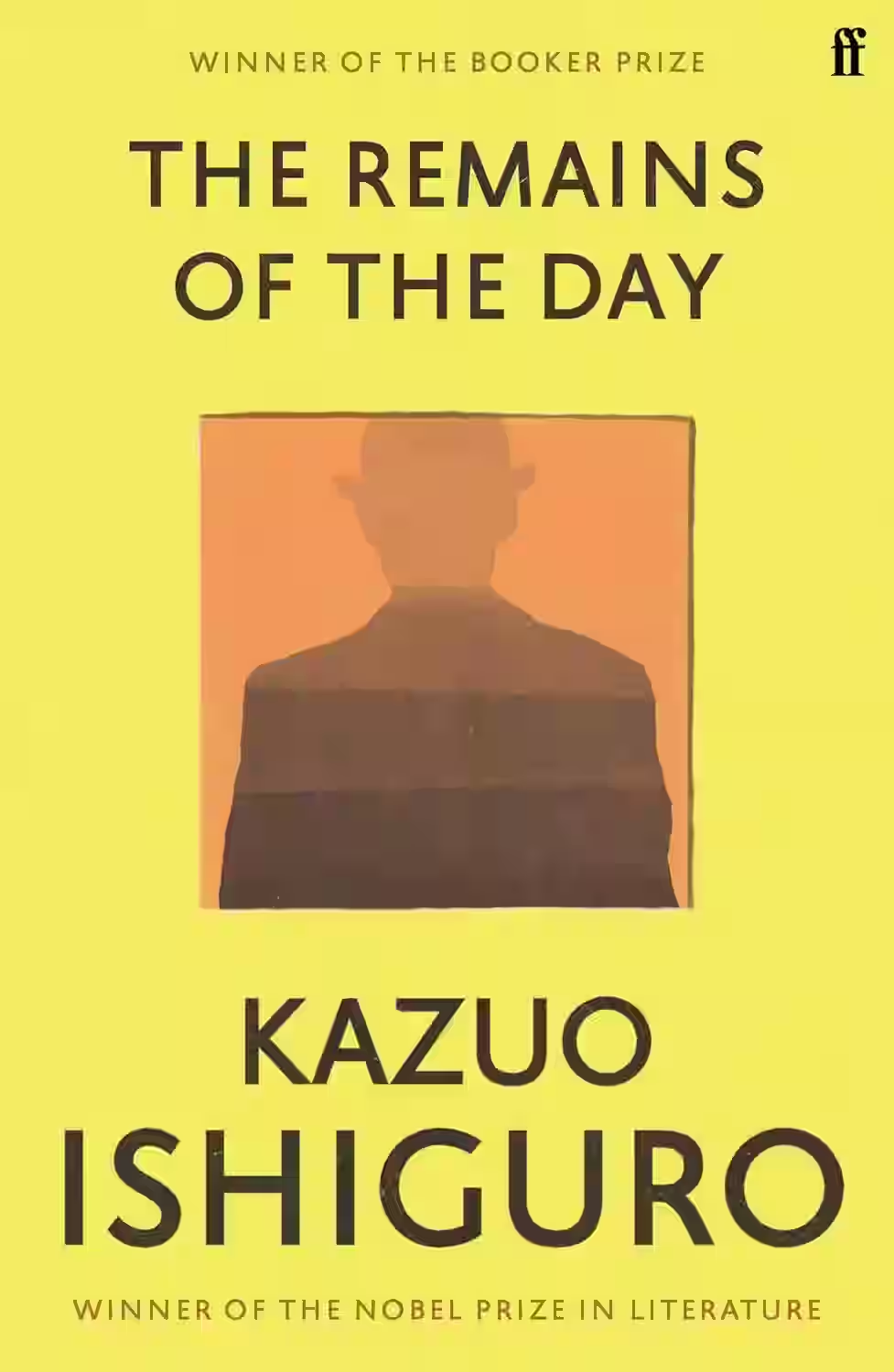
Winner 1989 Booker Prize: A tragic, spiritual portrait of a perfect English butler and his reaction to his fading insular world in post-war England. From the Nobel Prize-winning author of Never Let Me Go. In the summer of 1956, Stevens, the ageing butler of Darlington Hall, embarks on a leisurely holiday that will take him deep into the countryside and into his past . A contemporary classic, The Remains of the Day is Kazuo Ishiguro's beautiful and haunting evocation of life between the wars in a Great English House, of lost causes and lost love.
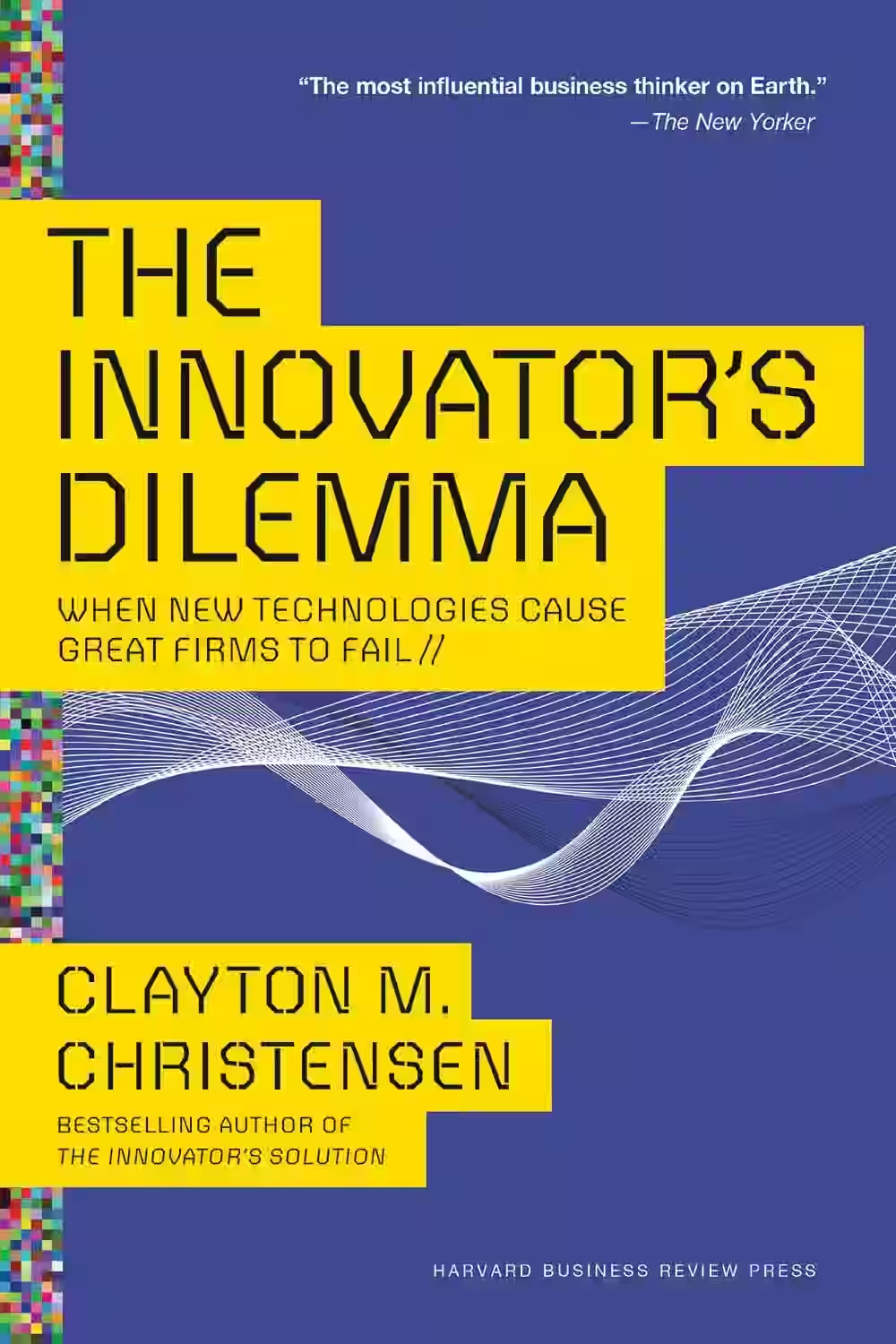
Clayton Christensen’s The Innovator’s Dilemma examines why successful companies often fail to adapt to disruptive technologies. Through real-world examples, including the fall of once-dominant firms, Christensen argues that businesses focusing solely on current customer needs can miss innovations that reshape industries. He introduces the concept of “disruptive innovation”—simpler, cheaper alternatives that gradually overtake established products. The book offers insights for entrepreneurs, managers, and leaders on how to foster innovation before it’s too late. Widely influential in tech and business, it challenges conventional wisdom and urges a proactive approach to navigating technological change.
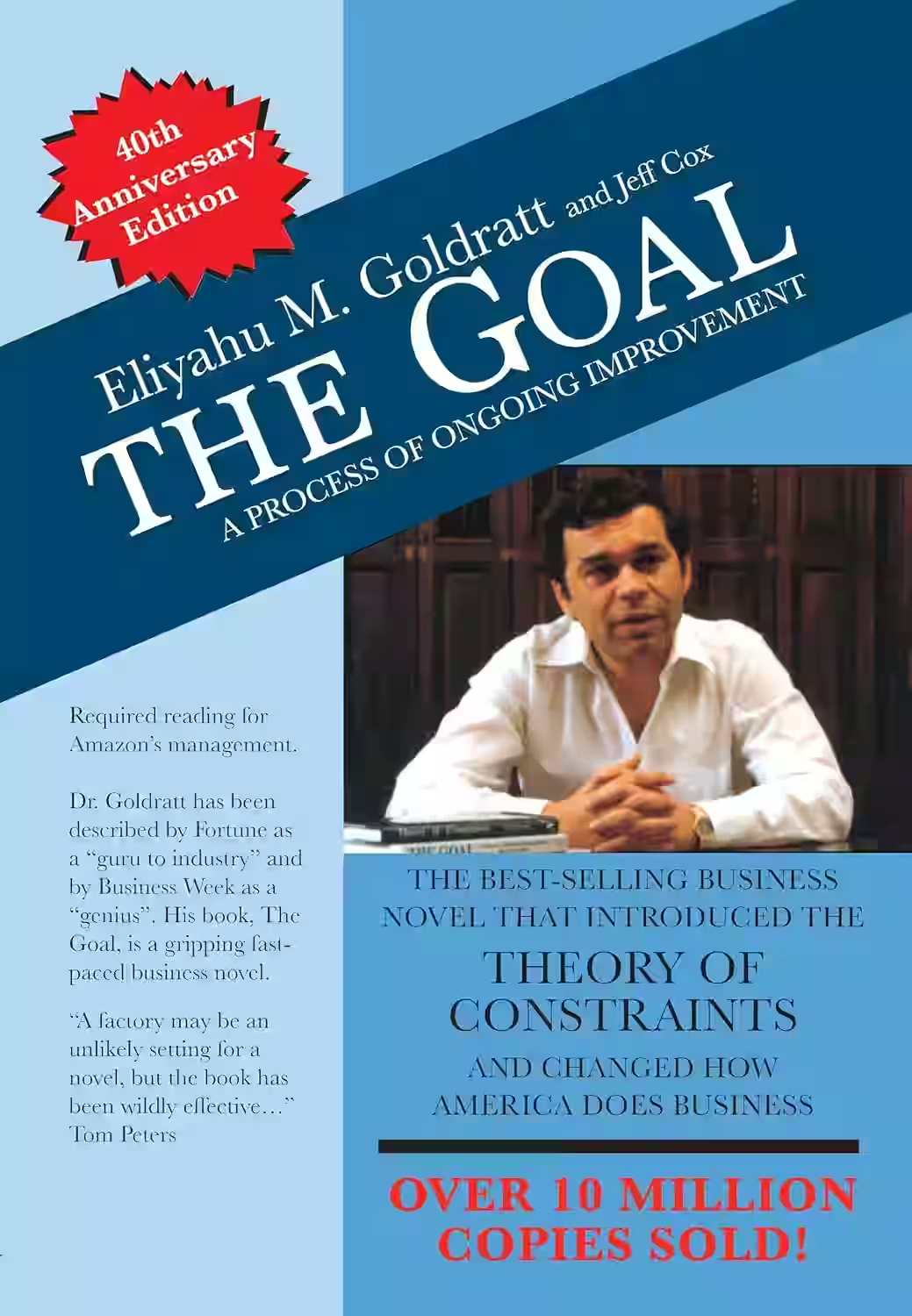
Written in a fast-paced thriller style, The Goal is the gripping novel which is transforming management thinking throughout the Western world. Alex Rogo is a harried plant manager working ever more desperately to try and improve performance. His factory is rapidly heading for disaster. So is his marriage. He has ninety days to save his plant—or it will be closed by corporate HQ, with hundreds of job losses. It takes a chance meeting with a colleague from student days—Jonah—to help him break out of conventional ways of thinking to see what needs to be done. The story of Alex's fight to save his plant is more than compulsive reading. It contains a serious message for all managers in industry and explains the ideas which underline the Theory of Constraints (TOC) developed by Eli Goldratt.
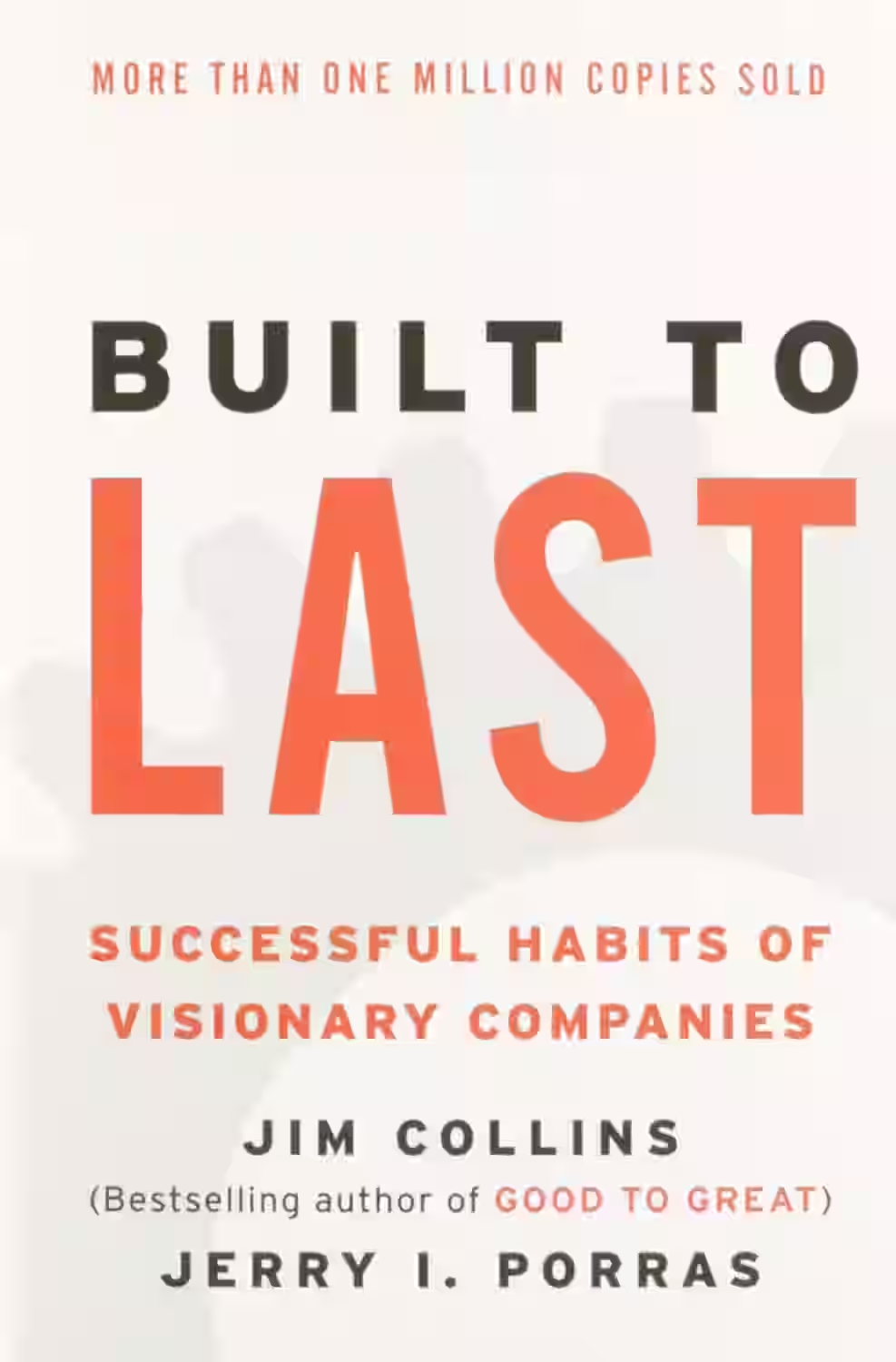
Built to Last explores what makes companies endure over decades, based on a six-year research project studying 18 visionary firms. Collins and Porras identify key traits shared by long-lasting companies, such as core values, bold missions, and a relentless drive for progress. The book challenges the idea that great leadership or market timing is the key to success, instead emphasizing organizational culture and consistency. Concepts like “clock building” versus “time telling” illustrate how lasting companies focus on systems, not individuals. With timeless lessons and real-world examples, Built to Last is a blueprint for sustainable, principle-driven business success.
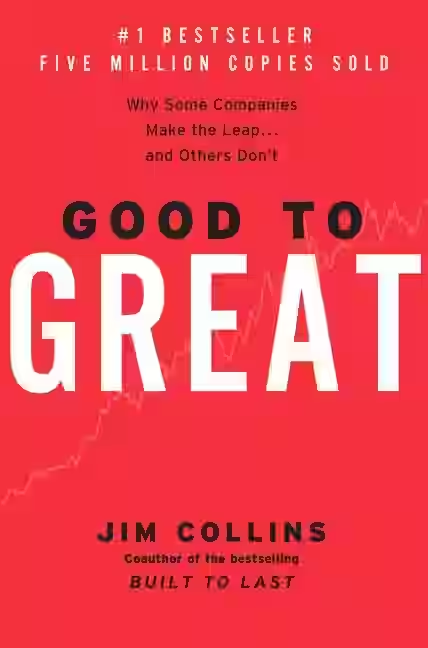
In Good to Great, Jim Collins investigates why some companies make the leap from being merely good to truly great—and sustain that performance. Based on extensive data analysis and case studies, Collins identifies key factors behind this transformation, including disciplined people, thought, and action. Central concepts include the Hedgehog Concept, Level 5 Leadership, and the Flywheel Effect. The book argues that greatness comes from building a culture of excellence, facing brutal facts, and staying focused on long-term goals. Insightful and accessible, Good to Great is widely considered essential reading for leaders aiming to build high-performing, resilient organizations.
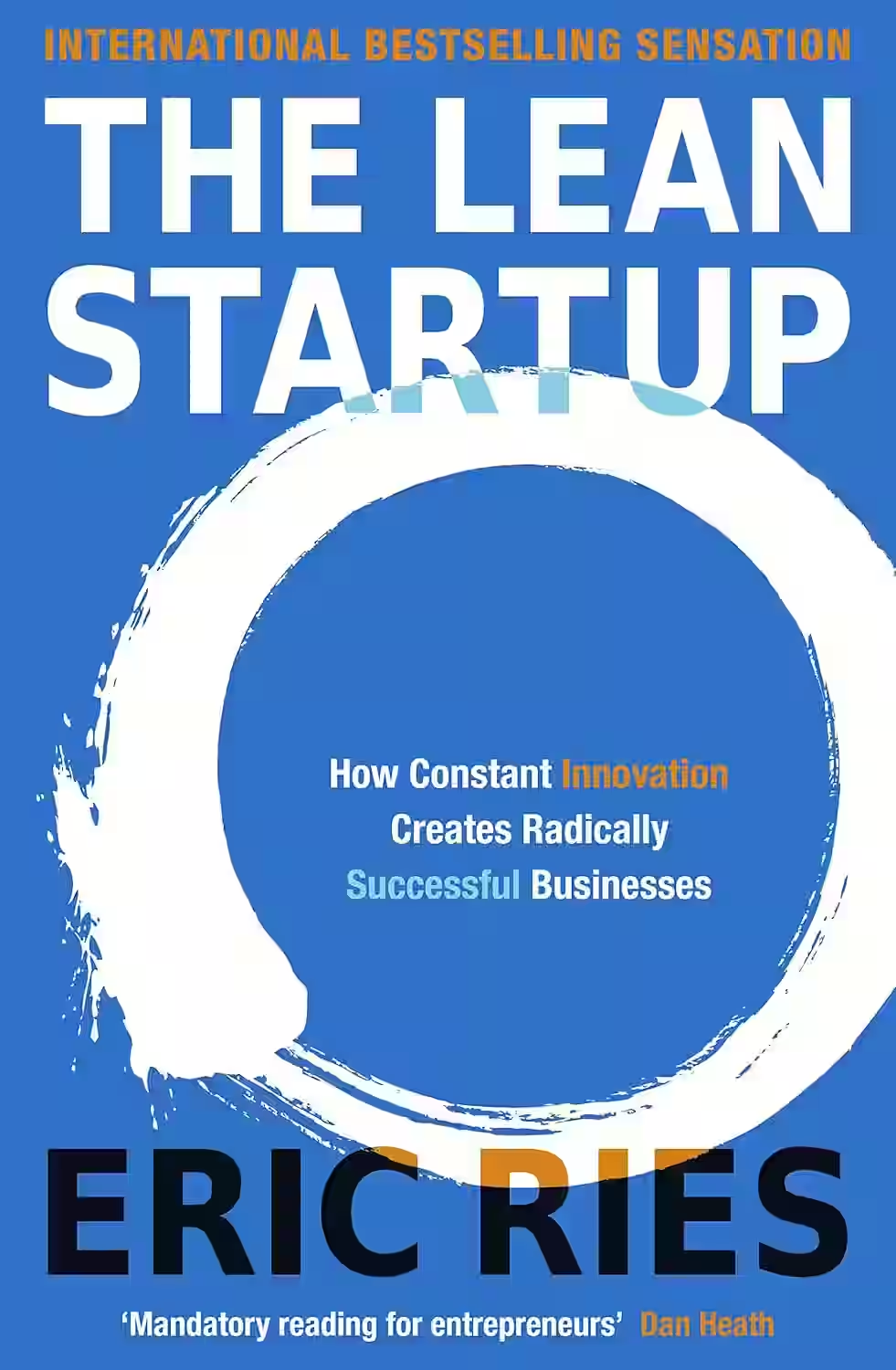
The Lean Startup presents a framework for building startups through continuous innovation, rapid experimentation, and customer feedback. Eric Ries introduces concepts like the Build-Measure-Learn loop, minimum viable product (MVP), and validated learning to help entrepreneurs reduce waste and improve decision-making. Rather than perfecting a product before launch, Ries advocates iterative development and pivoting based on real-world data. This approach enables startups to adapt quickly and succeed in uncertain markets. With practical tools and real examples, The Lean Startup has become a foundational guide for modern entrepreneurship, influencing startups, tech companies, and corporate innovation programs around the world.
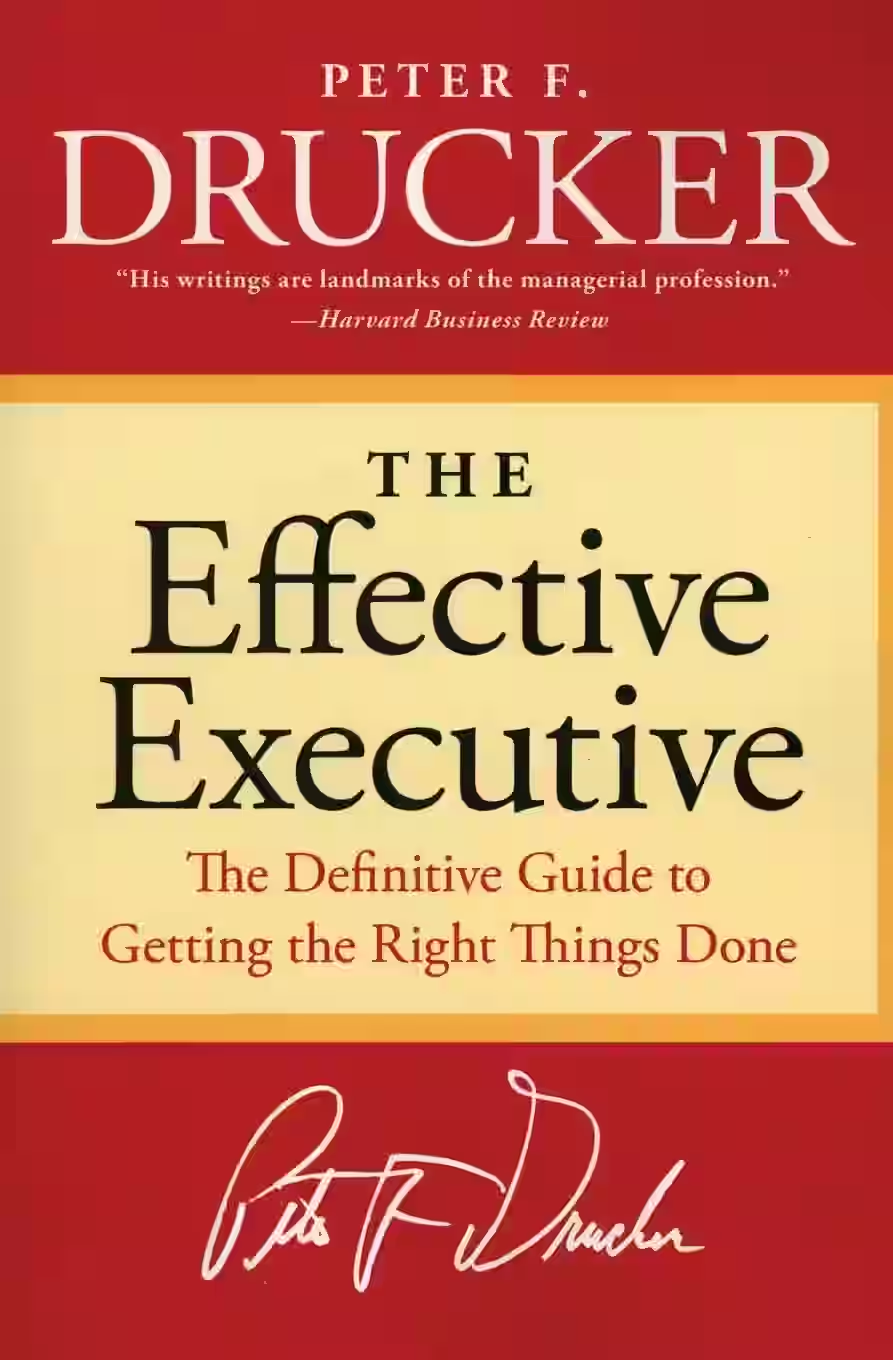
In The Effective Executive, Peter Drucker outlines the essential practices that make executives—and knowledge workers—more productive and impactful. Rather than focusing on charisma or innate talent, Drucker emphasizes disciplined time management, clear priorities, effective decision-making, and results-driven action. He argues that effectiveness is a skill that can be cultivated through habits such as knowing where time goes, focusing on contribution, and concentrating on a few key tasks. Written with clarity and timeless wisdom, this concise book remains a cornerstone of leadership and management literature, offering practical insights for professionals aiming to lead with focus, intention, and strategic purpose.
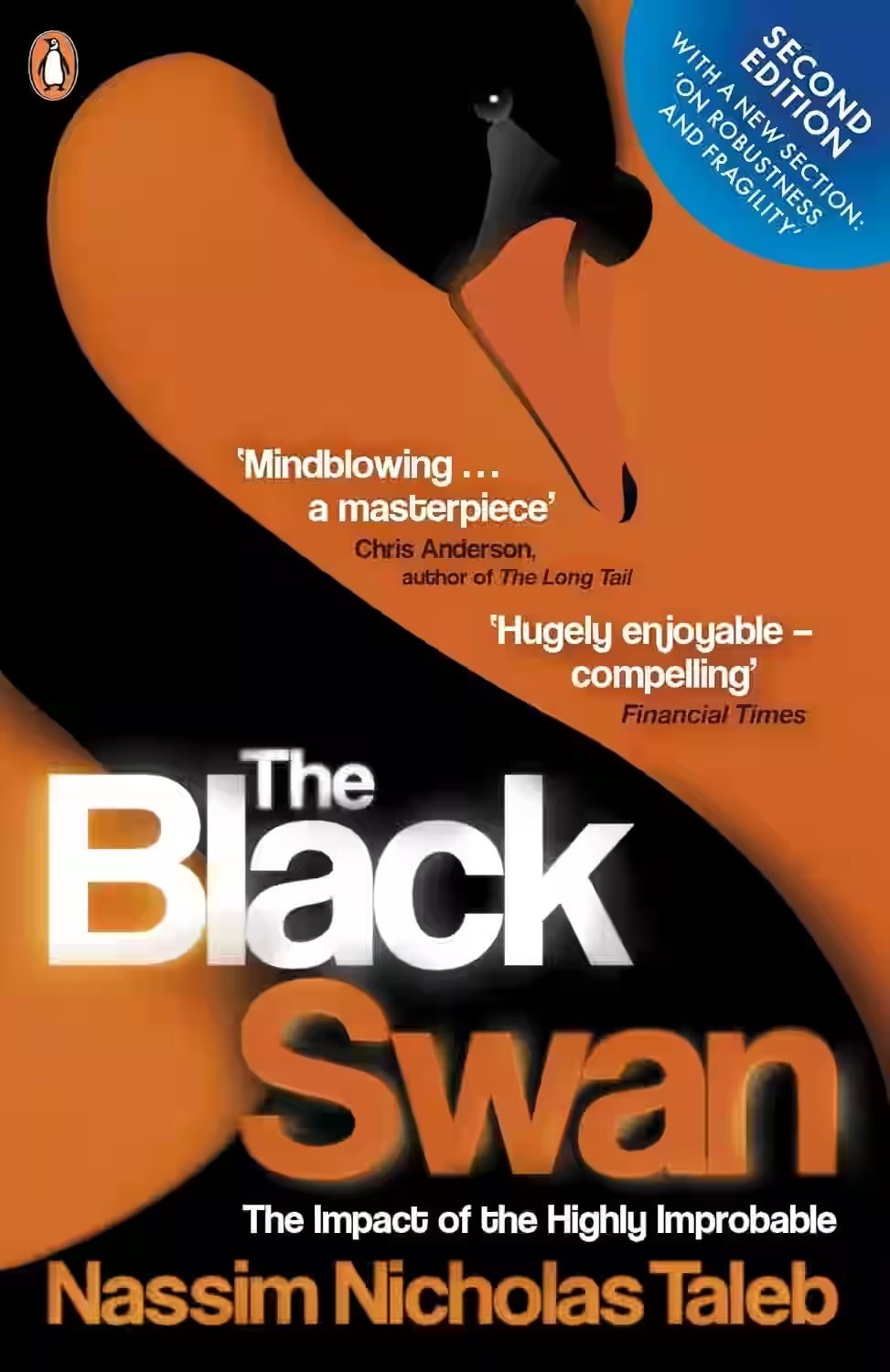
The Black Swan explores the profound impact of rare, unpredictable events—what Taleb calls “Black Swans”—that lie outside normal expectations but have massive consequences. The book challenges traditional forecasting and risk models, arguing that humans consistently underestimate uncertainty. Taleb illustrates how randomness and surprise shape history, from financial markets to scientific breakthroughs, and advocates for antifragility—systems that benefit from disorder. Combining philosophy, probability theory, and anecdotal insight, The Black Swan is a provocative critique of modern thinking and a call to embrace humility in the face of complexity. It’s a transformative read for anyone making decisions in uncertain environments.
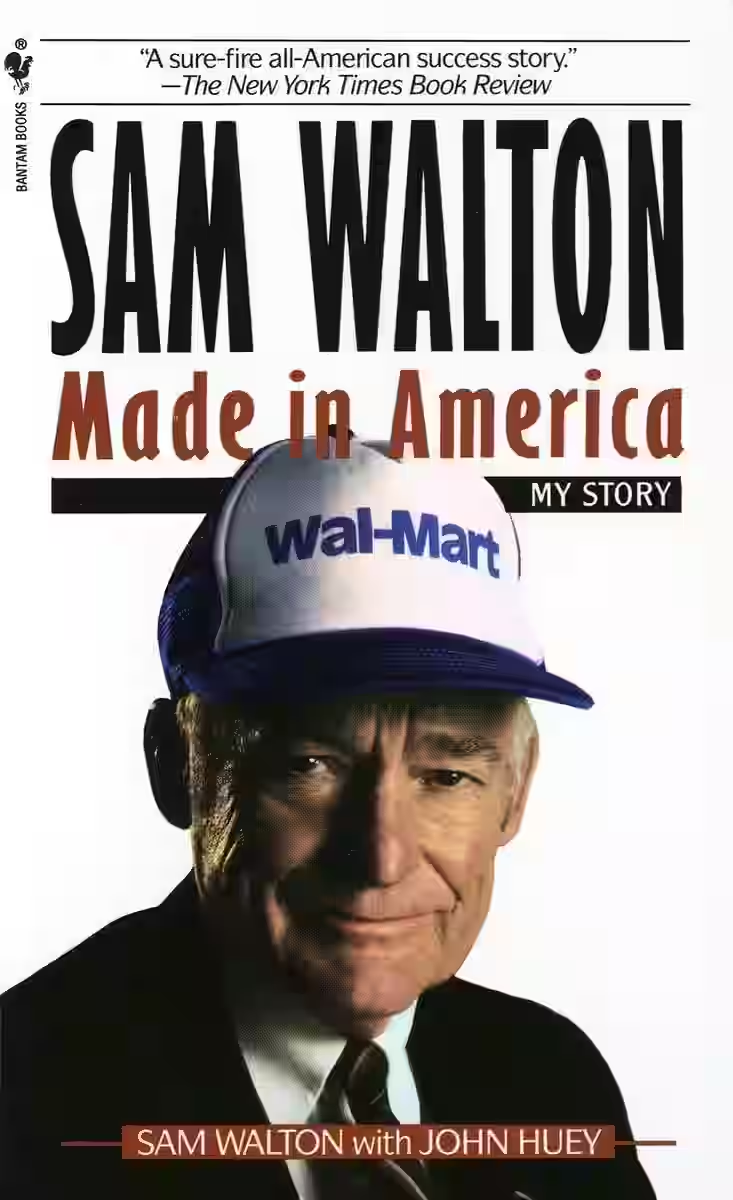
In Made in America, Walmart founder Sam Walton shares the story of building the world’s largest retail empire from a single store in Arkansas. Written in Walton’s own words, the memoir reveals his relentless work ethic, frugality, and obsession with customer satisfaction. He reflects on the principles that drove Walmart’s success, including employee empowerment, aggressive expansion, and constant innovation. Candid and down-to-earth, the book also touches on mistakes and challenges. Beyond a business biography, Made in America is an inspiring account of entrepreneurial vision, small-town values, and the competitive drive that revolutionized American retail.
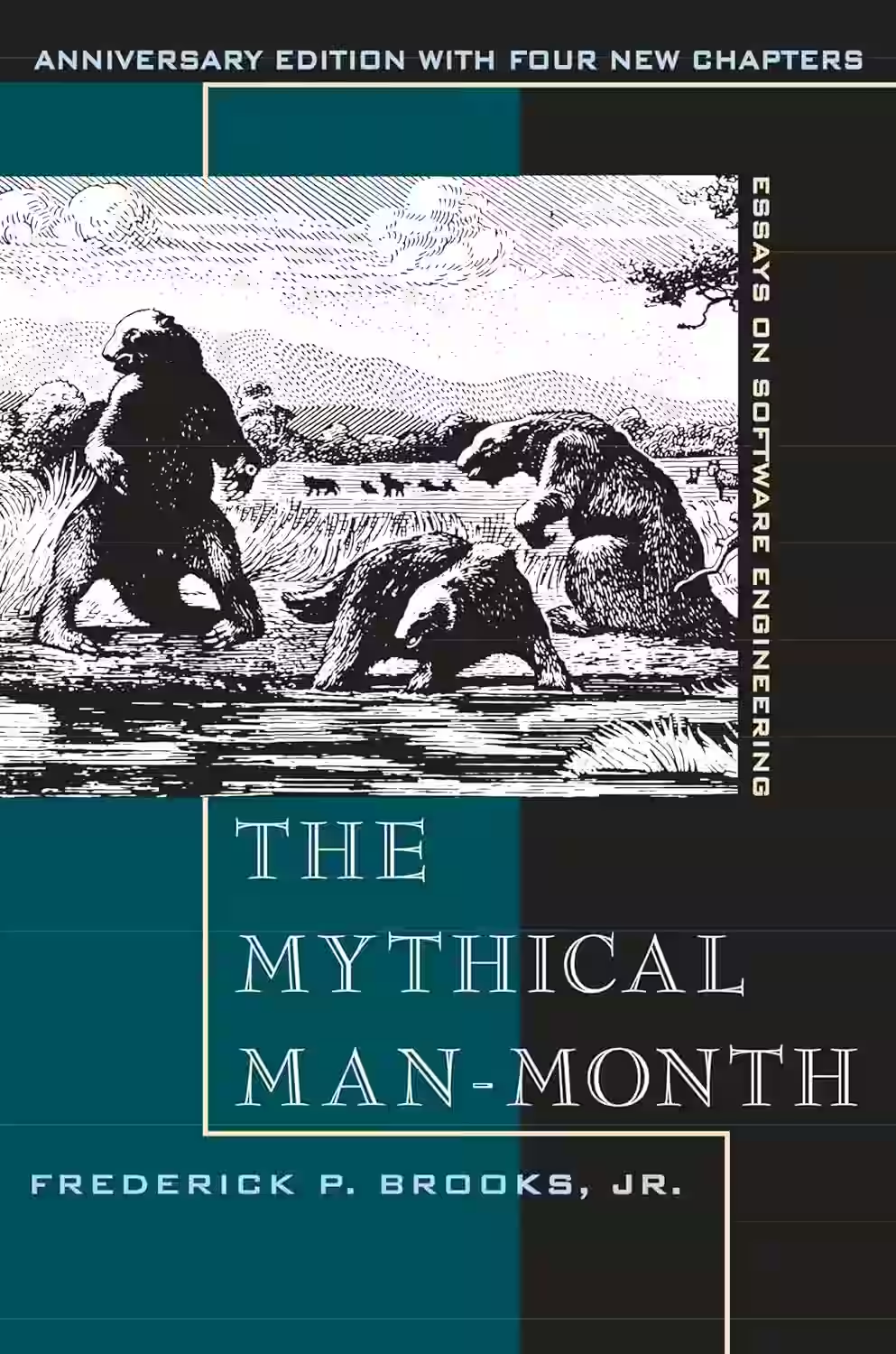
The Mythical Man-Month is a classic exploration of software engineering, project management, and the pitfalls of large-scale development. Frederick P. Brooks, who managed IBM’s System/360 project, famously argues that adding manpower to a late project often delays it further. He introduces key concepts like “Brooks’s Law,” the importance of conceptual integrity, and the difficulty of coordinating large teams. Blending essays and insights from real-world experience, the book highlights the human and organizational challenges of building complex systems. Despite its original publication in the 1970s, The Mythical Man-Month remains widely read for its enduring wisdom in managing creative, technical work
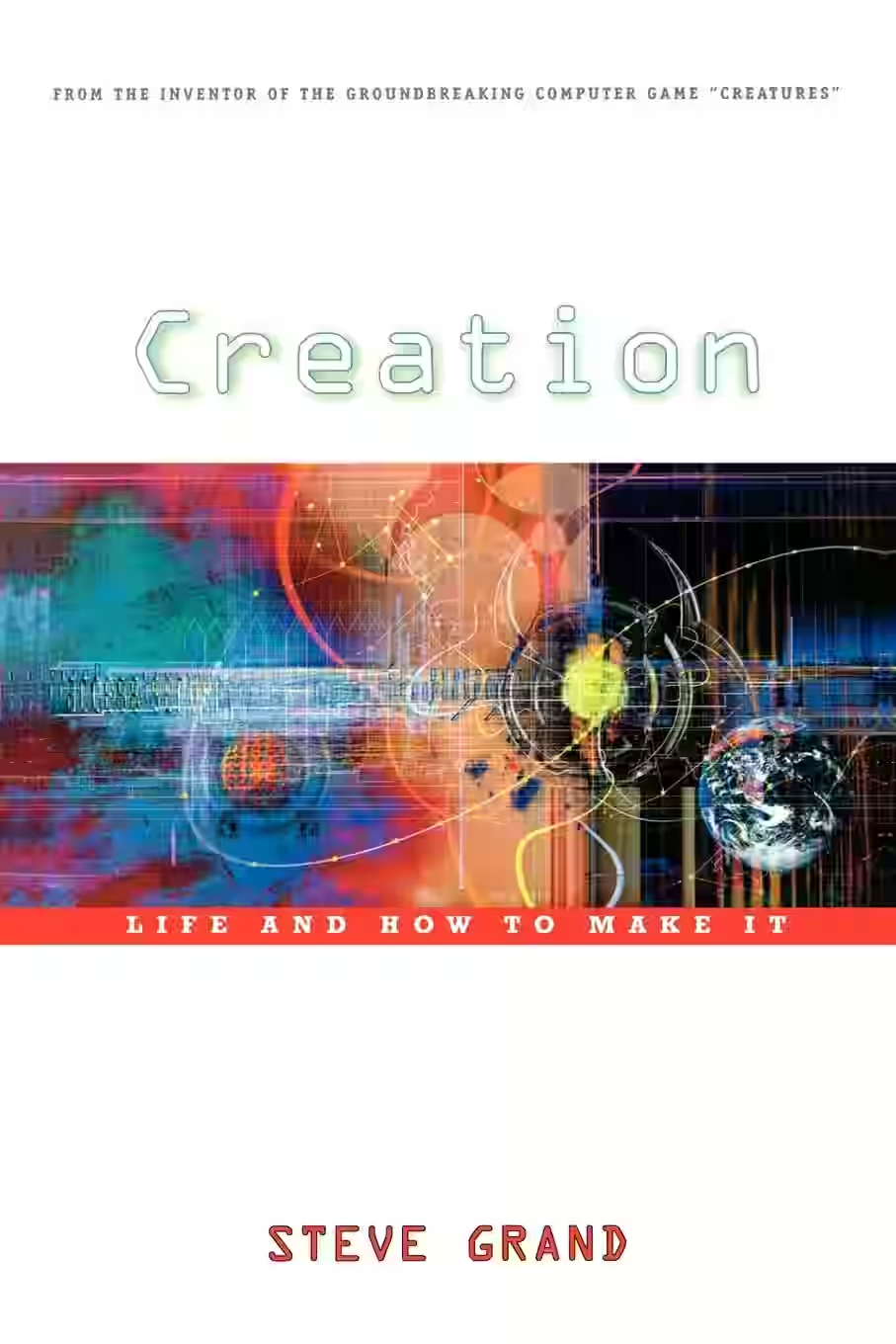
In Creation, Steve Grand—creator of the artificial life game Creatures—explores the nature of life, intelligence, and consciousness from the perspective of an artificial life researcher. Blending computer science, biology, and philosophy, Grand argues that life can be understood and even recreated through complex, self-organizing systems. He challenges traditional views of the mind and body, suggesting that understanding emergence and connection is key to replicating living processes. With imagination and technical insight, Creation is a provocative meditation on what it means to be alive—and whether machines can one day truly think, feel, and evolve like biological organisms.